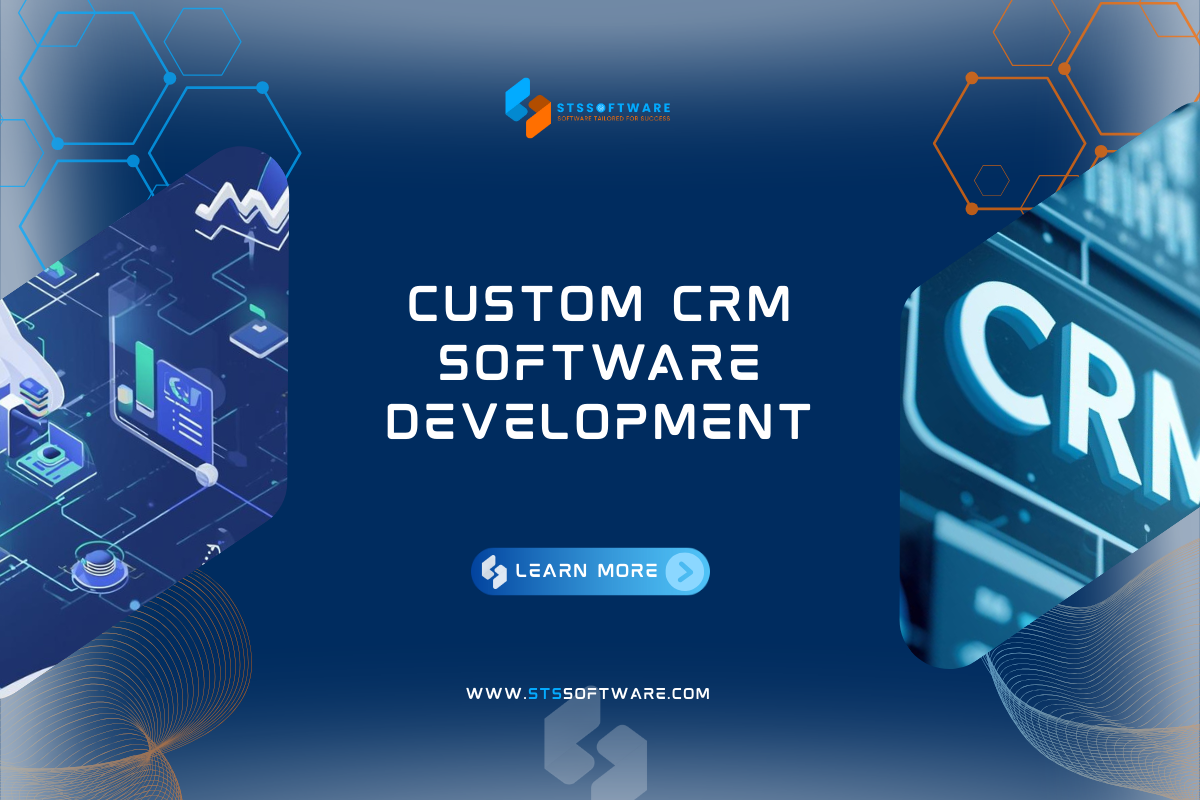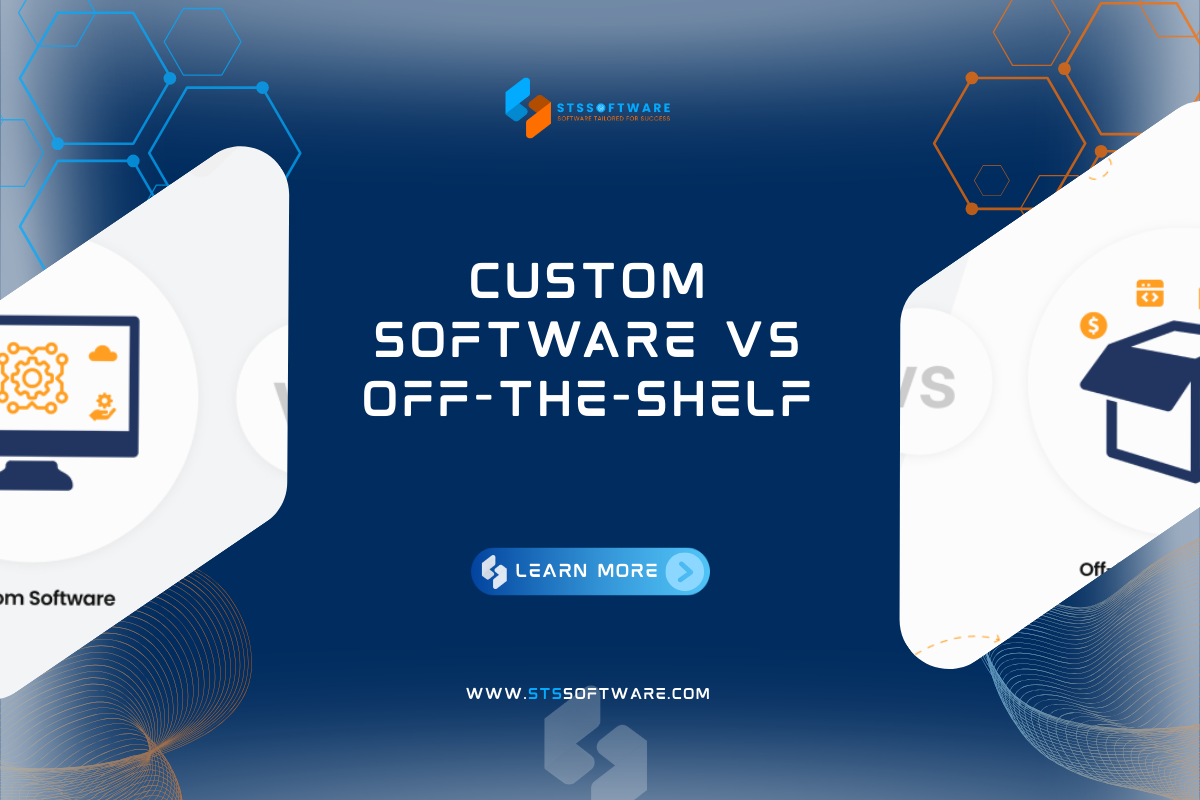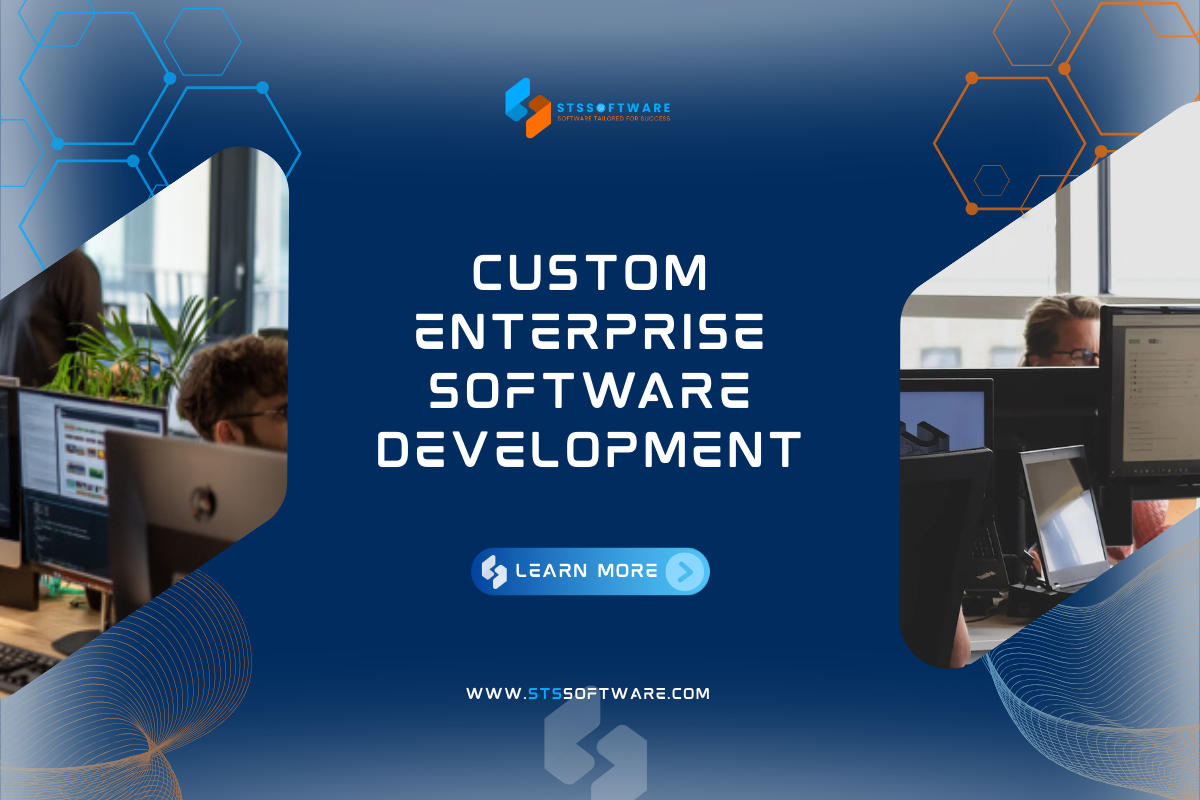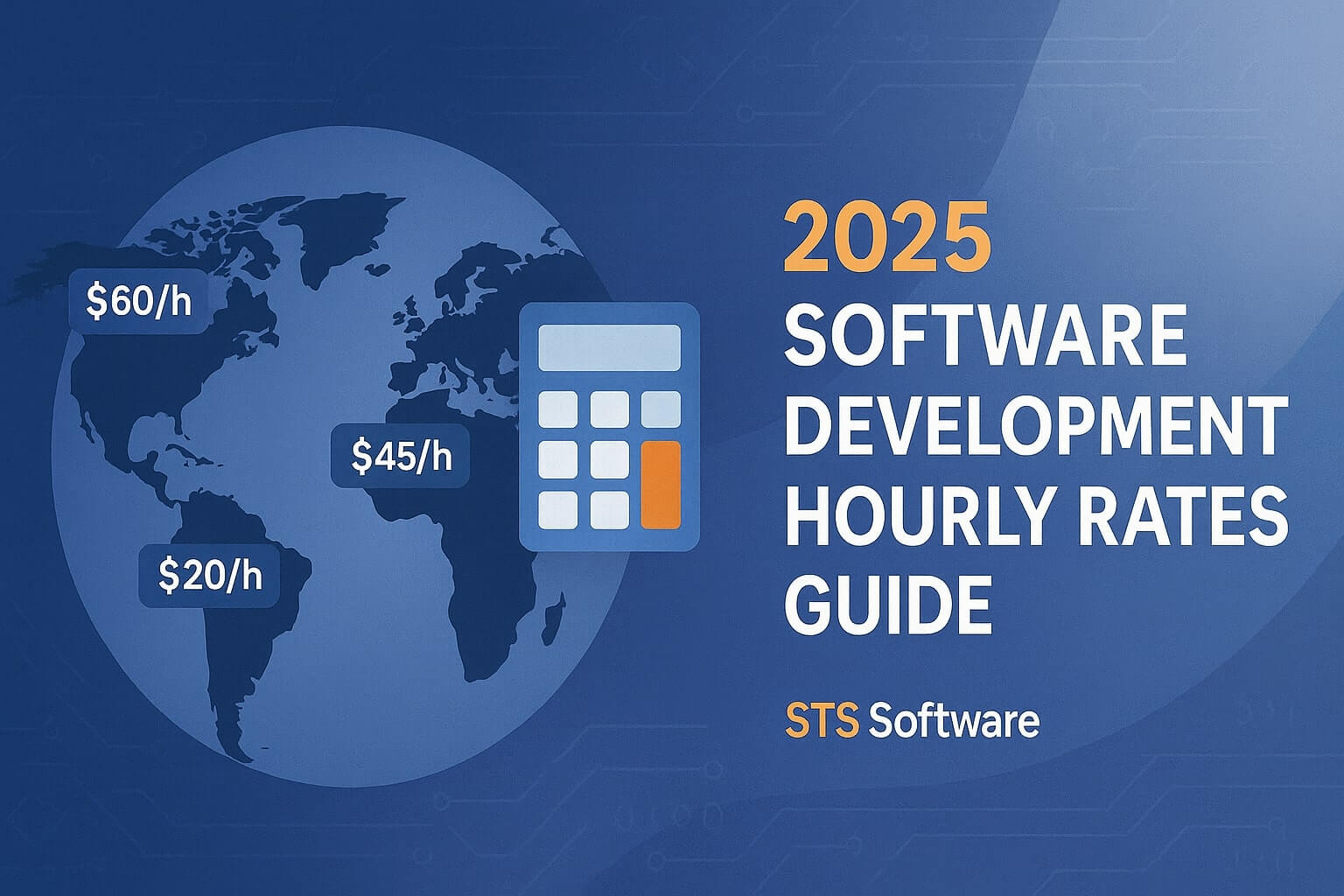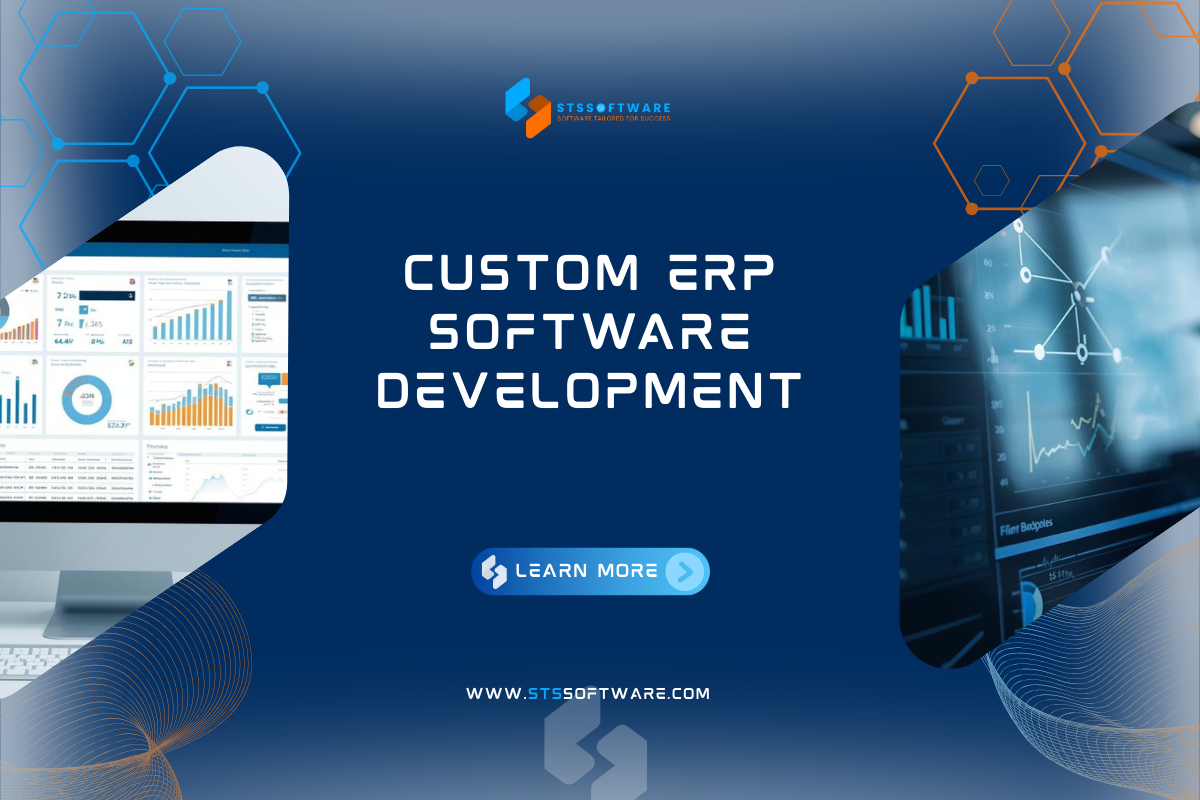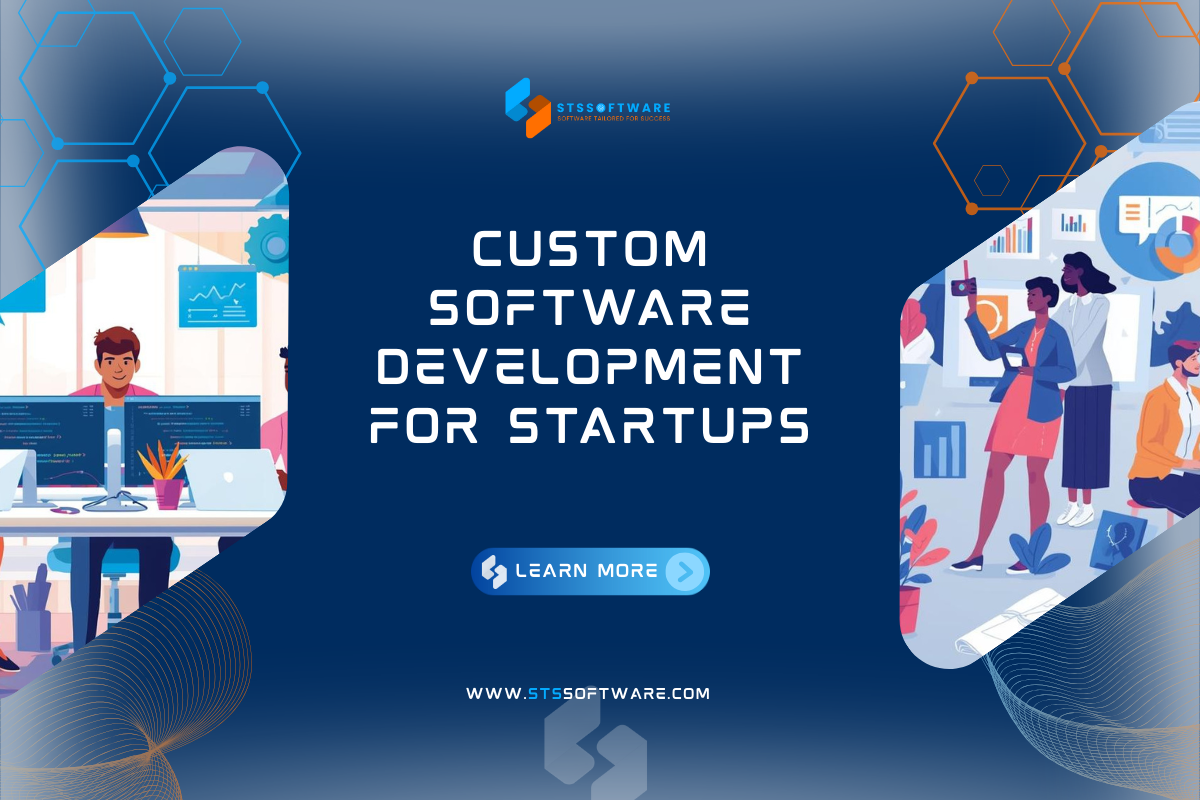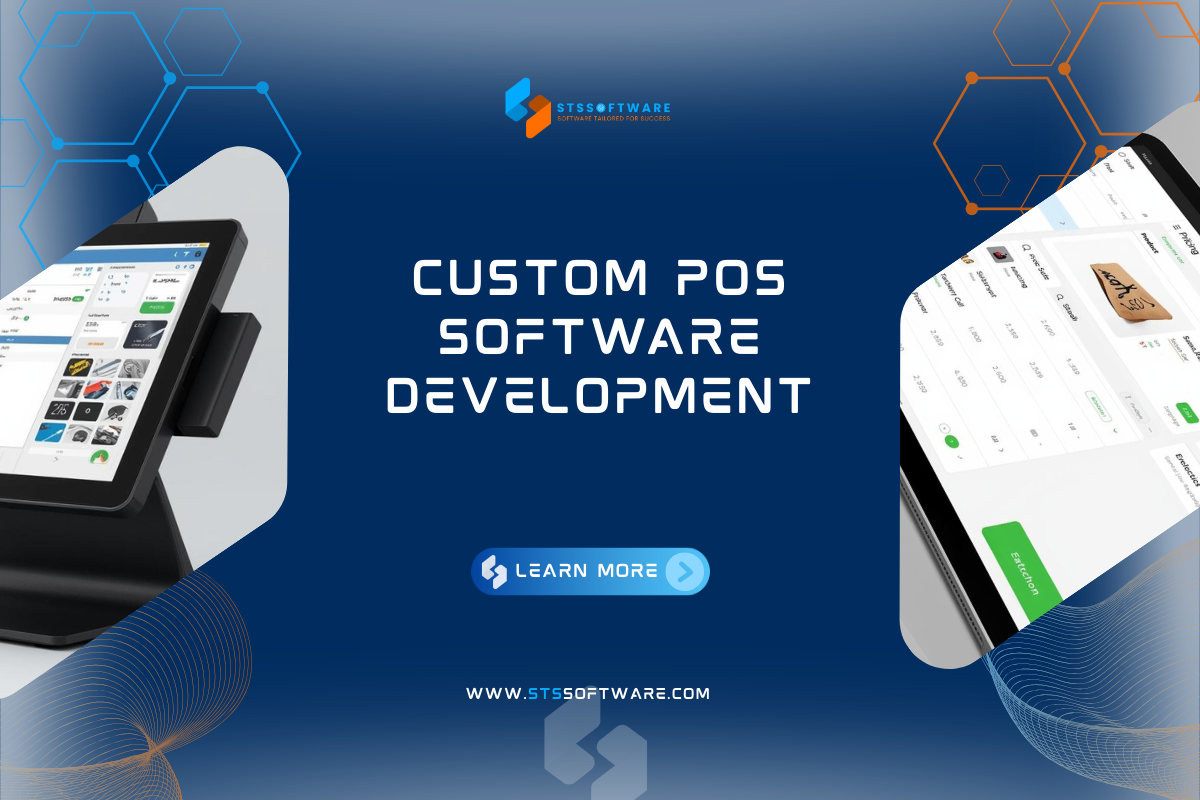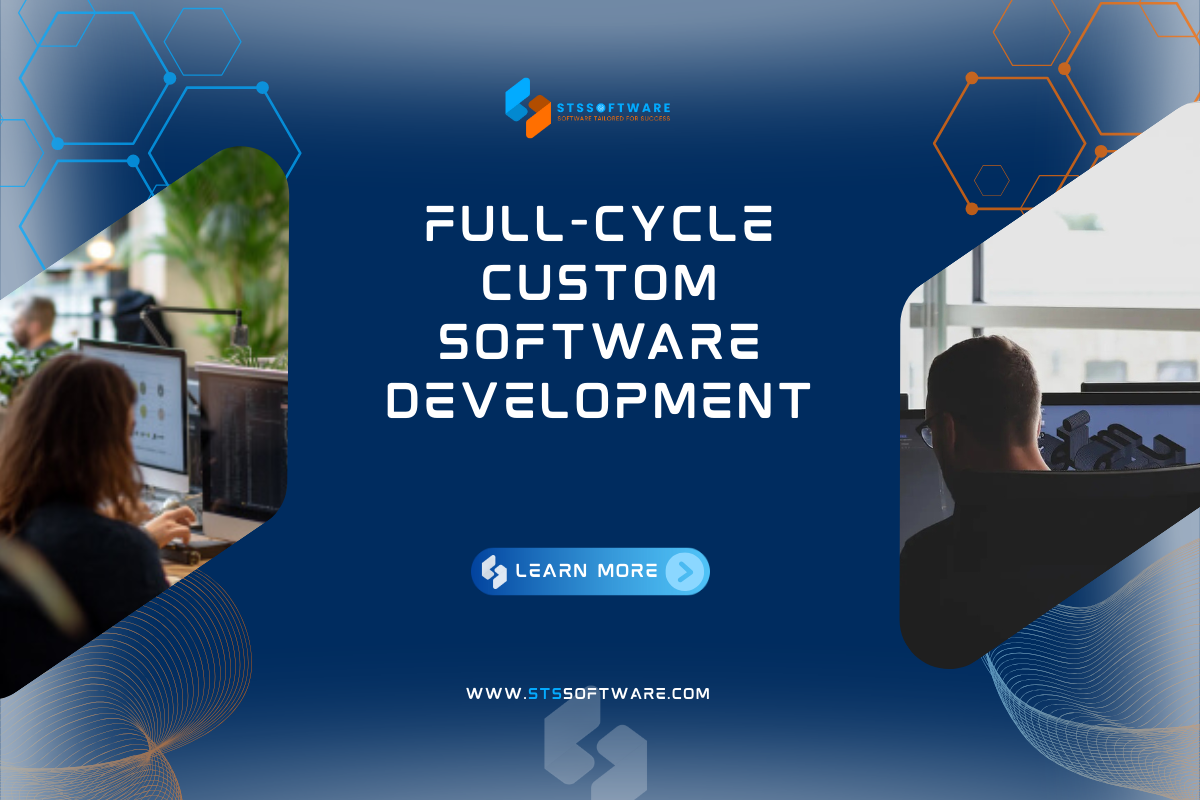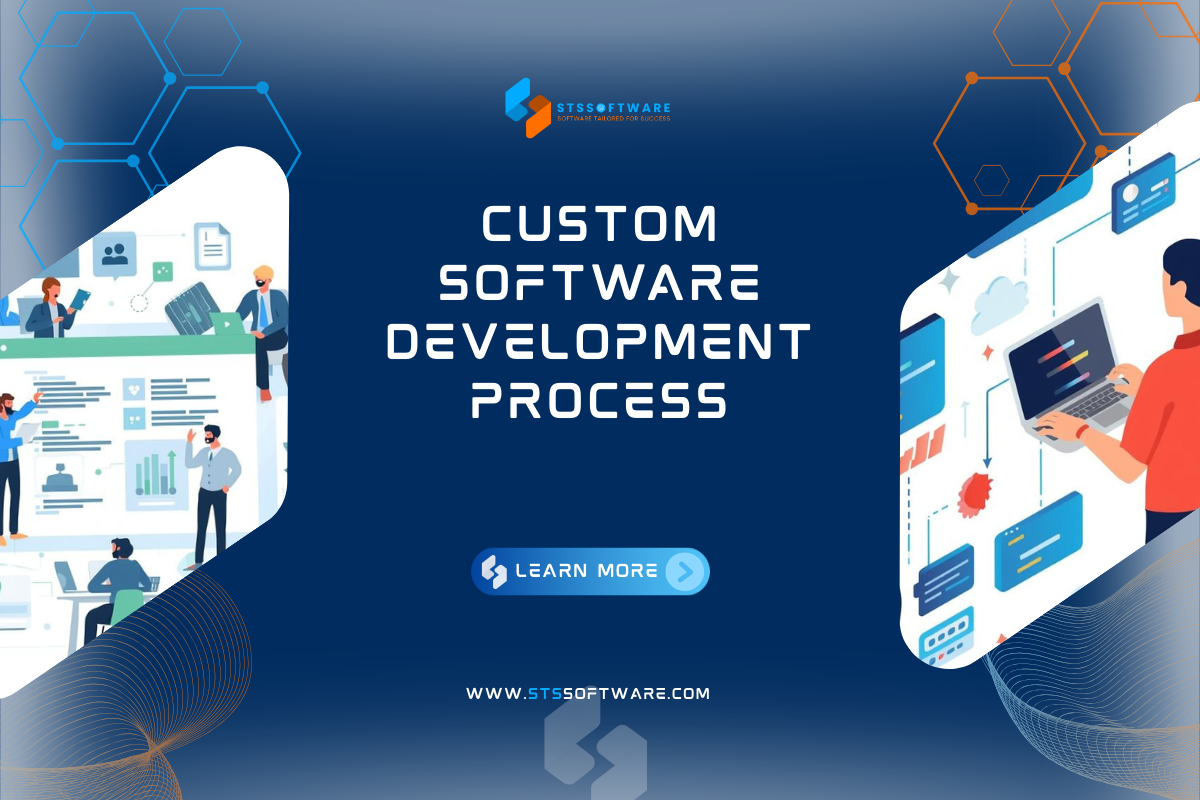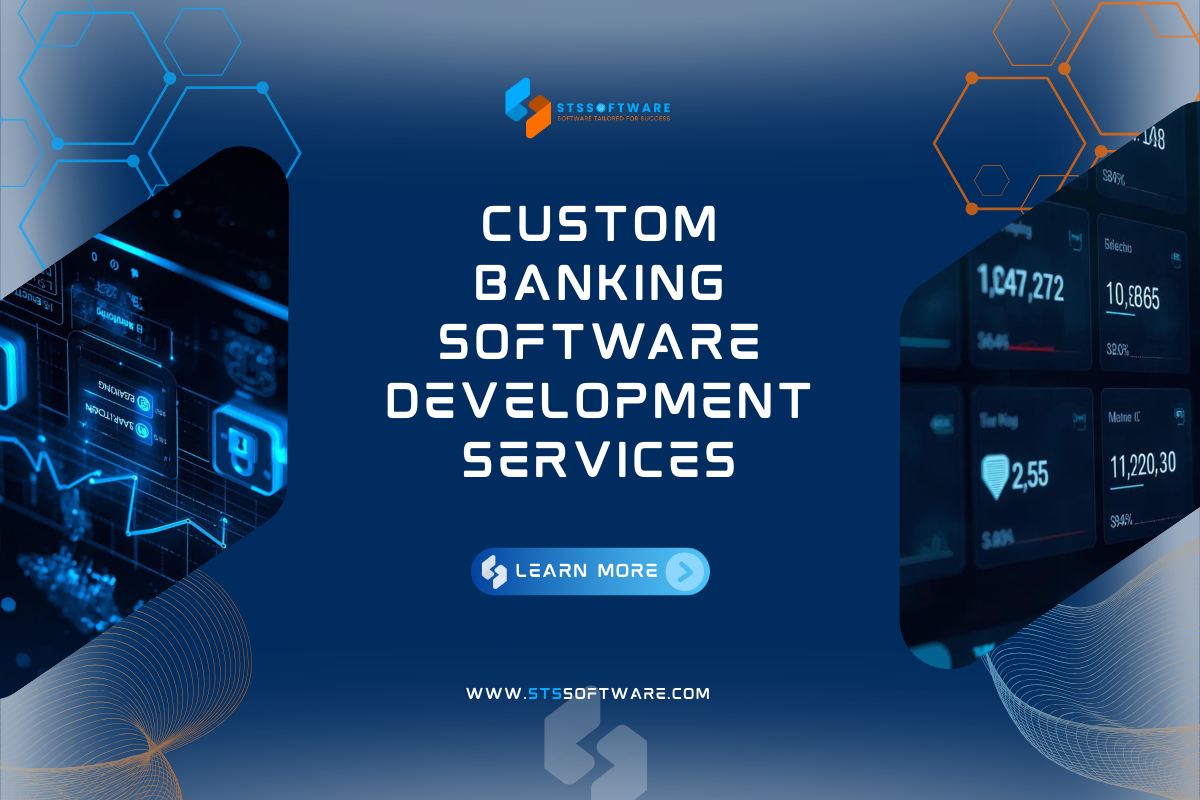Today, modern businesses must deal with ever-higher expectations: personalized experience, speed of response, process automation, and precise performance monitoring. An efficient CRM system not only helps retain existing customers, but also optimizes prospecting, improves team productivity and supports long-term growth.
However, “ready-to-use” CRM solutions (like Salesforce, HubSpot or Zoho CRM) quickly show their limits:
- They impose standardized functionalities which do not always correspond to the company’s internal processes.
- They can be complex to customize or incur additional costs for each adaptation.
- Some present integration problems with the tools already in place (ERP, e-commerce site, internal applications).
- Finally, dependence on a third-party publisher often limits flexibility and control of data.
This is why more and more companies are turning to a more flexible and profitable alternative in the long term: the development of a custom CRM.
Personalized custom CRM software development adapts perfectly to the reality of your business, your workflows and your growth objectives. In other words, it is a tool designed for you, and not the other way around – a strategic solution that transforms customer relationship management into a real performance lever.
What is custom CRM software development?
A custom CRM is customer relationship management software entirely designed according to the specific needs of a company. Not like another standard tools available on the market, a personalized CRM does not impose any pre-established structure. It adapts to your way of working, your objectives and your internal processes.
Concretely, the development of custom CRM software consists of creating a platform that centralizes all customer data (prospects, sales, support, marketing, invoicing, etc.) while integrating functionalities unique to your activity.
For example:
- A dashboard custom to your sales organization.
- Customized sales performance reports.
- Specific integrations with your website, your ERP or your marketing tools.
- A simplified interface for your teams to save time on a daily basis.
The objective of a custom CRM is simple: improve productivity, communication and customer satisfaction, while remaining fully aligned with the reality of your business.
While a generic CRM requires you to modify your processes to fit within its framework, a personalized CRM adapts to you. It is a scalable and flexible solution, capable of growing with your business and integrating new features over time.
The benefits of developing a custom CRM
The development of a custom CRM offers much more than just a management tool. It’s a solution designed to adapt to the way you work, your customers and your goals. Unlike standard systems, a custom CRM software development grows with your business and gives you complete control over your data and processes. Here are the main advantages to be aware of:
1. A Solution You Needs
Every company has its own customer management method. With custom CRM software, you decide on the features, design, and integrations you truly need.
For example, an SME might prioritize sales tracking, while a B2B company will need an advanced reporting module.
2. Improved Team Productivity
A custom CRM eliminates unnecessary functions and simplifies daily tasks. Sales, marketing, and support teams save time thanks to an intuitive interface and automations tailored to their needs.
Fewer clicks, fewer errors, greater efficiency.
3. Seamless integration with your existing tools
Does your company already use an ERP, invoicing software, or an e-commerce platform?
A custom CRM can be fully integrated with these tools to create a connected ecosystem. You avoid duplicate data entry and benefit from a unified view of your customer data.
4. Data security and control
With a custom-developed CRM, your customer information remains hosted on your servers or in a secure cloud environment that you control.
This strengthens data confidentiality and ensures compliance with GDPR regulations.
5. A scalable and sustainable solution
Your business grows, your needs change—and your CRM evolves with you.
Custom development makes it easy to add new features over time, without changing platforms. It’s a long-term investment that supports your business growth.
The Custom CRM Development Process
Creating custom CRM software is more than just coding features; it’s a strategic process that aims to align technology with the company’s actual needs. Every step counts to guarantee a reliable, intuitive, and scalable tool.
1. Needs Analysis and Specification Development
It all starts with a thorough audit phase. The goal: to understand internal processes, pain points, and business objectives.
This step includes interviews with the sales, marketing, and support teams to identify:
- Essential functionalities (lead tracking, sales management, reporting, etc.)
- Necessary integrations with existing tools (ERP, email, website, etc.)
- Key Performance Indicators (KPIs) to track.
The result is a detailed specification document, a true project roadmap, which ensures that the future CRM will precisely meet the company’s needs.
2. UX/UI Design and Software Architecture
Once the requirements are defined, the development team designs the technical structure (software architecture) and the user interface (UX/UI).
- The goal is to create a smooth, user-friendly, and enjoyable CRM.
- UX design (user experience) ensures intuitive navigation adapted to workflows.
- UI design (visual interface) emphasises clarity, information hierarchy, and multi-device compatibility.
- In parallel, the software architects define the back-end technology (PHP, Node.js, Python, etc.) and the database structure.
This phase determines the stability and performance of the custom CRM.
3. Feature Development and Integration
Next comes the agile development phase. The developers create the various modules: contact management, opportunity tracking, marketing automation, reports, dashboards, etc.
- Integrations with third-party tools are also implemented to ensure complete interoperability.
- Each feature is continuously tested to guarantee a smooth and secure experience.
- The code is documented and versioned to facilitate future CRM developments.
4. Testing, Validation, and Deployment
Before going live, the custom CRM undergoes a battery of rigorous tests:
- Unit and integration tests
- Load and performance tests
- Security and GDPR compliance checks
Once validated by the internal team, the software is deployed to production. This step often includes a pilot phase to test the system with a small group of users before the full launch.
5. Training and Technical Support
A CRM is only valuable if it is used correctly. This is why post-development support is essential:
- Training teams on the daily use of the tool
- Clear and accessible user documentation
- Corrective and evolutionary maintenance to guarantee long-term reliability
A good CRM development partner doesn’t just deliver a product: they are committed to supporting your company in its adoption and continuous evolution.
How much does it cost to develop a custom CRM?
The cost of developing a custom CRM depends on many factors, including the project’s complexity, the required features, and the technology used. Unlike off-the-shelf solutions, where you pay a fixed monthly subscription, a custom CRM involves a higher initial investment, but it offers significantly greater profitability and flexibility in the long run.
1. Key Factors Influencing Cost
Several elements come into play when assessing the development budget:
- Functional Complexity: A simple CRM (contact management, sales tracking, basic dashboards) can cost between $5,000 and $15,000, while a complete system integrating marketing automation, multichannel management, and advanced reporting can reach $30,000 to $80,000.
- Number of Users and Access Rights: The more profiles, roles, and permission levels there are, the more work development and maintenance require.
- Third-party integrations: Connecting with existing tools (ERP, email, e-commerce platform, accounting, external APIs, etc.) can represent up to 30% of the total budget.
- Custom UX/UI design: An effective CRM isn’t just about features—an intuitive and user-friendly interface encourages team adoption.
- Maintenance and updates: Budget approximately 10% to 20% of the initial cost per year for upgrades, technical support, and security.
2. In-house development vs. specialized agency
Some companies choose to develop their CRM in-house. This may seem economical, but it often ties up scarce technical resources and increases the opportunity cost.
Using a specialized agency for custom CRM development generally offers a better balance between quality, speed of execution, and technical expertise, especially when the project requires advanced skills in software architecture, cloud computing, or cybersecurity.
3. Comparison with SaaS CRMs
SaaS solutions (like HubSpot or Salesforce) operate on a subscription model, often costing between $30 and $300 per user per month.
For a team of 20 people, this represents $7,200 to $72,000 per year, not including extension and support costs.
In the long run, a custom CRM is therefore more cost-effective: you pay once for a tool that belongs to you, without dependence on a subscription or a third-party provider.
4. A Strategic Investment, Not an Expense
Developing a custom CRM means investing in a sustainable technological asset, perfectly aligned with your internal processes.
By optimizing workflows, reducing manual tasks, and centralizing customer data, a company can often recoup its investment in less than 12 to 24 months.
Technologies Used to Create a Custom CRM
Developing custom CRM software relies on modern and flexible technologies. Choosing the right tools determines the system’s performance, security, and longevity. Here are the main technologies used by developers to design a custom CRM tailored to each company’s needs.
Most Used Programming Languages
Programming languages form the foundation of CRM development. The most popular are:
- PHP: widely used for web applications, ideal for creating robust and scalable CRM systems.
- Python: valued for its simplicity, speed, and powerful libraries for data analysis and artificial intelligence.
- JavaScript and Node.js: essential for developing dynamic and interactive applications, both client-side and server-side.
These languages allow for the creation of a fast, secure, and scalable CRM, capable of adapting to the specific needs of a company, whether it’s an SME or a large organization.
Popular Frameworks and Tools
To accelerate development and ensure a robust structure, developers often use modern frameworks:
- Laravel (PHP): a reliable and secure framework, perfect for creating custom applications with a clear architecture.
- React and Vue.js (JavaScript): ideal for designing a fluid and intuitive user interface, providing an excellent user experience.
- Django (Python): a fast and comprehensive framework, often chosen for CRM projects requiring advanced features.
With these tools, development teams can design a high-performing, easy-to-maintain, and scalable custom CRM that grows with the business.
Mobile and Cloud Compatibility
Today, a modern CRM must be accessible anytime, anywhere. That’s why mobile and cloud compatibility is essential:
- Cloud computing allows for secure data storage while providing real-time access for sales and marketing teams.
- Mobile compatibility ensures seamless use on smartphones and tablets, which is essential for teams on the go.
- A CRM based on these technologies offers maximum flexibility, better collaboration between teams, and an optimized user experience.
How to Choose the Right Partner for Your CRM Project?
The success of a custom CRM software development project largely depends on choosing the right service provider. A competent CRM development agency will understand your needs, transform your ideas into concrete solutions, and provide long-term support. Here are the main criteria to consider before committing.
Criteria for Selecting a Development Company
- Experience and Technical Expertise: Prioritize a CRM development company that has already designed similar solutions. Review their case studies, references, and the technologies they master (PHP, Python, React, etc.).
- Business Understanding: A custom CRM expert must understand your internal processes, your business objectives, and the specific challenges of your industry.
- Transparency of the Process: A good agency presents a clear project plan (analysis, design, development, testing, maintenance) with realistic deadlines.
- Communication and Responsiveness: Choose a partner who is attentive, available, and able to advise you at every stage.
- Cost and flexibility: beware of offers that seem too good to be true. A good custom CRM is an investment, but it pays off in the long run if it improves productivity and reduces operating costs.
Questions to ask before signing
Before launching your project, take the time to ask these essential questions:
- What is your experience in developing custom CRMs?
- What technologies do you use?
- Do you offer cloud hosting or integration with our existing systems?
- What kind of support do you provide after launch?
- Can I see a demo or an example of a CRM you’ve already developed?
These discussions allow you to assess the competence, transparency, and reliability of your future partner.
The importance of post-launch support and updates
Developing custom CRM software doesn’t end with delivery. After deployment, your system must evolve with your business:
- Adding new features.
- Fixing minor bugs.
- Adapting to new technologies and security requirements.
Regular technical support ensures CRM stability and extends its lifespan. A reliable custom CRM development agency always offers a maintenance plan and personalized follow-up.
Conclusion
At STS Software, the Custom CRM is not just a customer relationship management tool—it’s a strategic lever for improving performance, productivity, and customer satisfaction. Unlike standard solutions, it adapts entirely to your needs, internal processes, and business vision.
The key benefits are clear:
- Improved operational efficiency.
- Seamless integration with your existing tools.
- Complete flexibility to scale with your growth.
- Full control over data and security.
If you’re considering taking the plunge, our team of custom CRM development experts can support you from design to production.
FAQs
Why build a CRM instead of buying one?
Creating a custom CRM allows you to benefit from a flexible and scalable solution, without depending on a third-party vendor. You have complete control over the features, costs, and data, while avoiding the limitations of standardized tools.
How long does it take to develop a CRM?
The duration depends on the complexity of the project. On average, developing a custom CRM takes between 3 and 6 months, including the analysis phase, development, testing, and deployment.
Is a custom CRM suitable for small businesses?
Yes. A custom CRM for SMEs can be developed gradually according to budget and priorities. It allows you to automate tasks, improve internal communication, and strengthen customer loyalty—essential assets for growing businesses.



